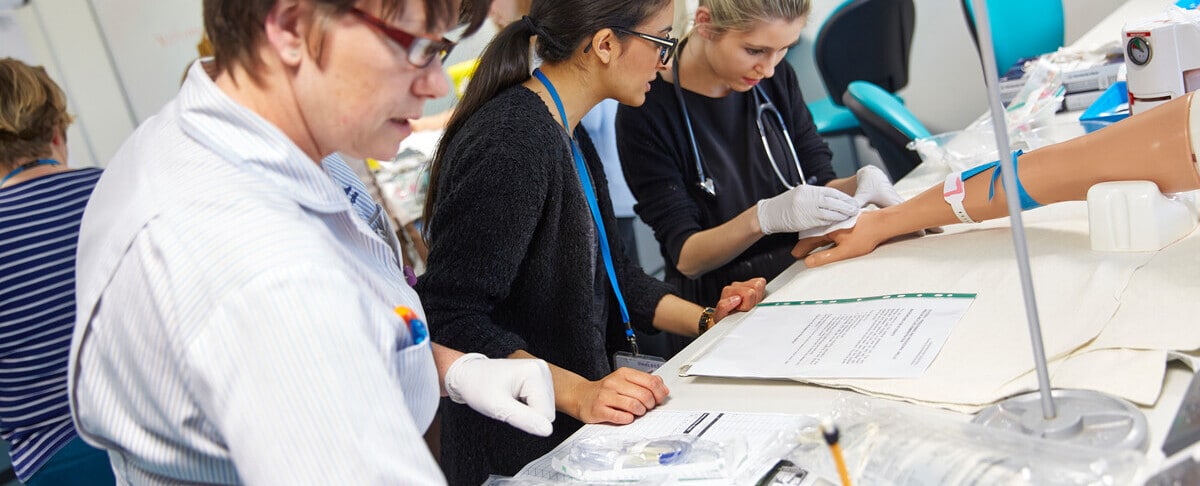
Case studies
1] COVID-19
Norwich Research Park emerged as a key player in the fight against COVID-19, addressing a number of the challenges posed by the pandemic. Microbiology proved to be a central pillar in the collaborative approach it took. From creating 3D-printed face shields to diagnostic tests and vaccine delivery methods, the Park’s efforts showcased the collective power of cross-organisation and multi-disciplinary collaboration to provide a rapid response in very challenging environments.
Examples of specific initiatives are highlighted below and the full publication about the coronavirus response can be read on the Norwich Research park website.
Genomics and sequencing efforts
Dr Justin O’Grady of the Quadram Institute led the coronavirus genomes sequencing team, playing a key role as a member of the national COVID-19 Genomics UK Consortium. The team used its expertise to map the spread and behaviours of the virus, sequencing over 1,600 genomes – one of the greatest number of genomes sequenced worldwide. This extensive analysis helped to identify different types of the virus and track their transmission patterns, contributing valuable insights to public health efforts.
Diagnostic tests and vaccine development
The University of East Anglia (UEA), Earlham Institute and Virology and Histopathology labs at the Norfolk and Norwich University Hospitals collectively developed three COVID-19 diagnostic tests. Over 100 trained molecular biologists volunteered to support the testing efforts to significantly increase the hospital’s testing capacity.
In addition, Prof Simon Carding from UEA and the Quadram Institute collaborated with Prof Mark Smales of the University of Kent and Prof James Stewart of the University of Liverpool to develop a novel drug delivery method for COVID-19 vaccines. This approach used nanosized spheres called outer membrane vesicles that offered advantages such as needle-free vaccination, oral or nasal administration, cost-effective production and stable storage.
COVID-19 research
UEA researchers were part of an international team that demonstrated the loss of smell or taste as key indicative symptoms of COVID-19. Researchers from the Earlham Institute also collaborated with international partners to model the effects of COVID-19 on the body. Dr Tamas Korcsmaros and his group developed bioinformatics tools and techniques, leveraging their expertise to understand the impact of the virus on critically ill patients.